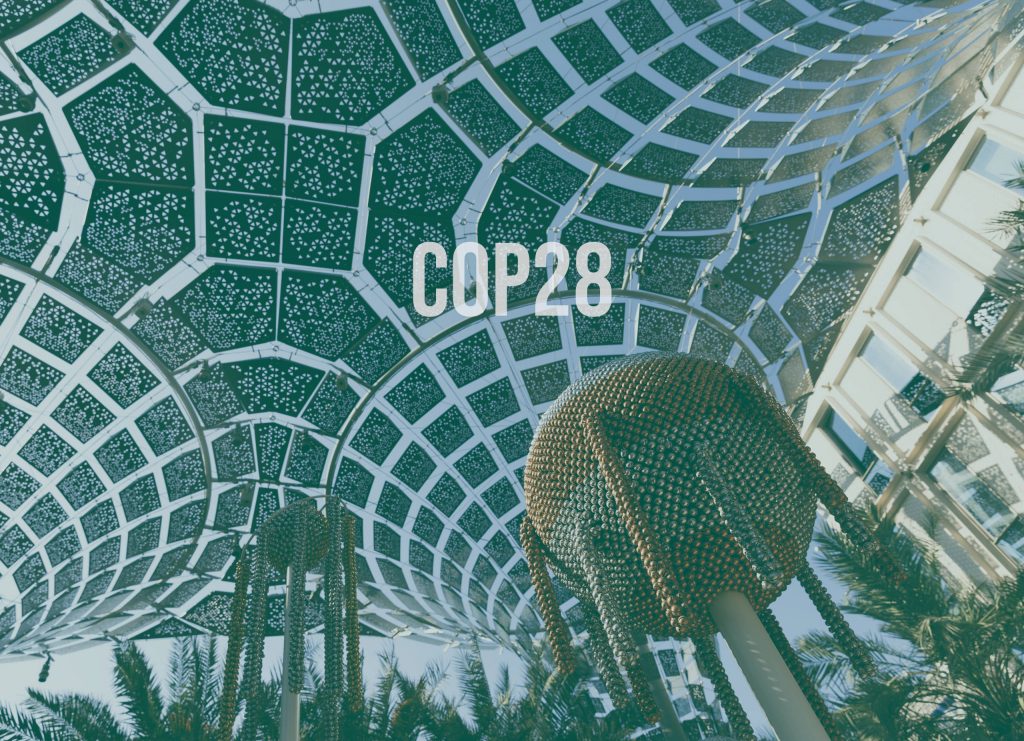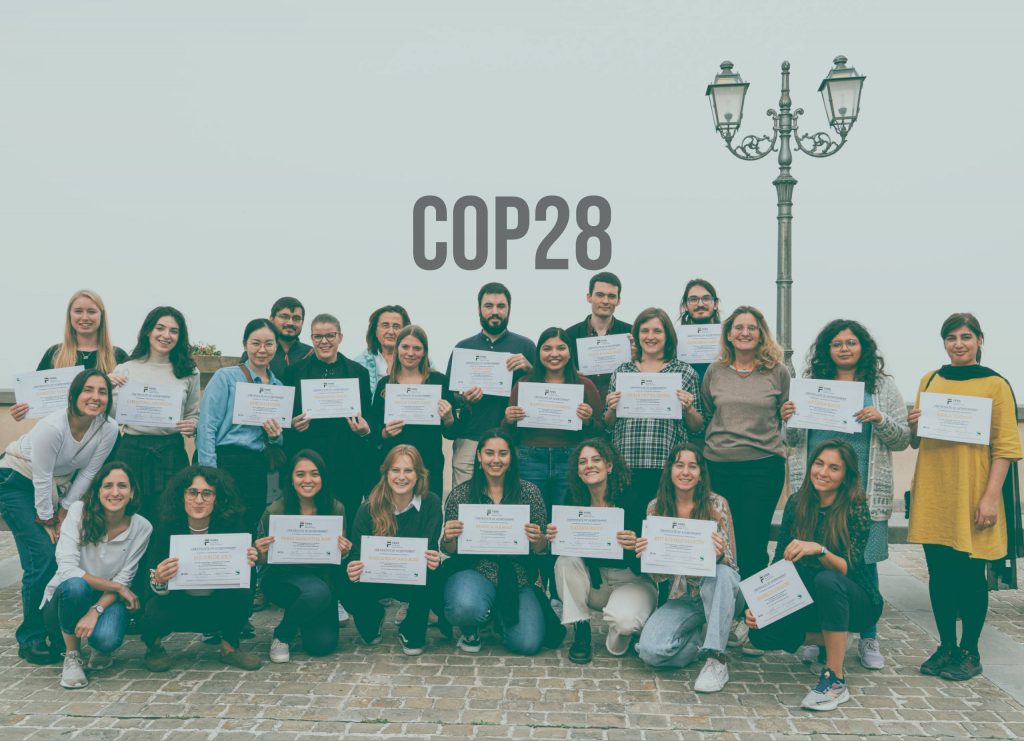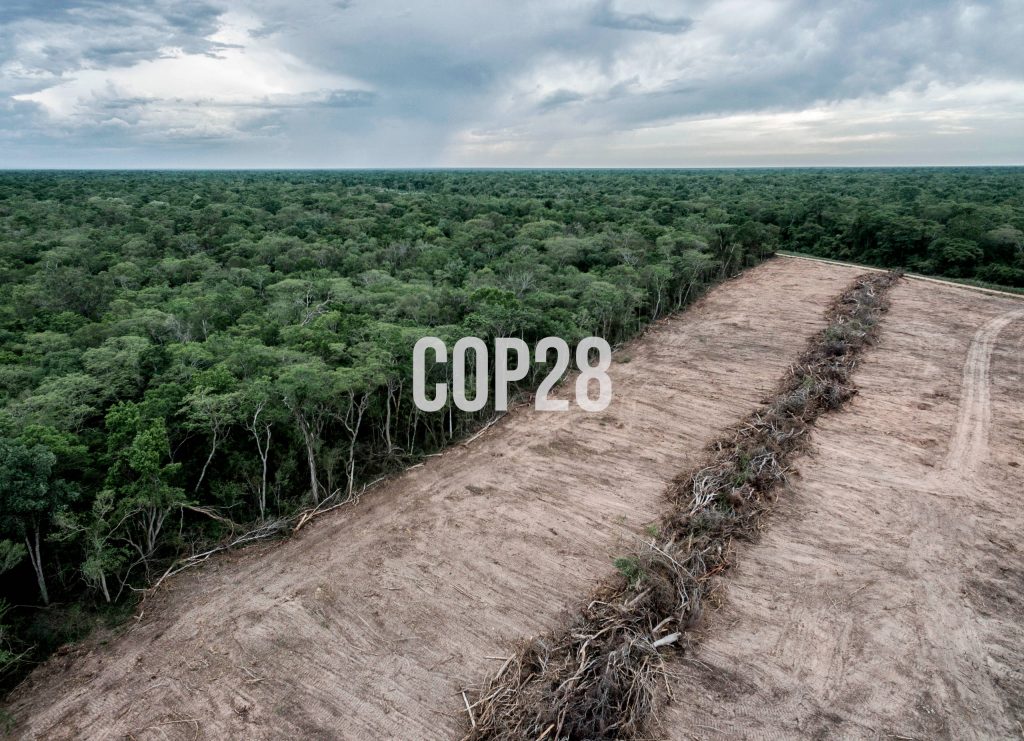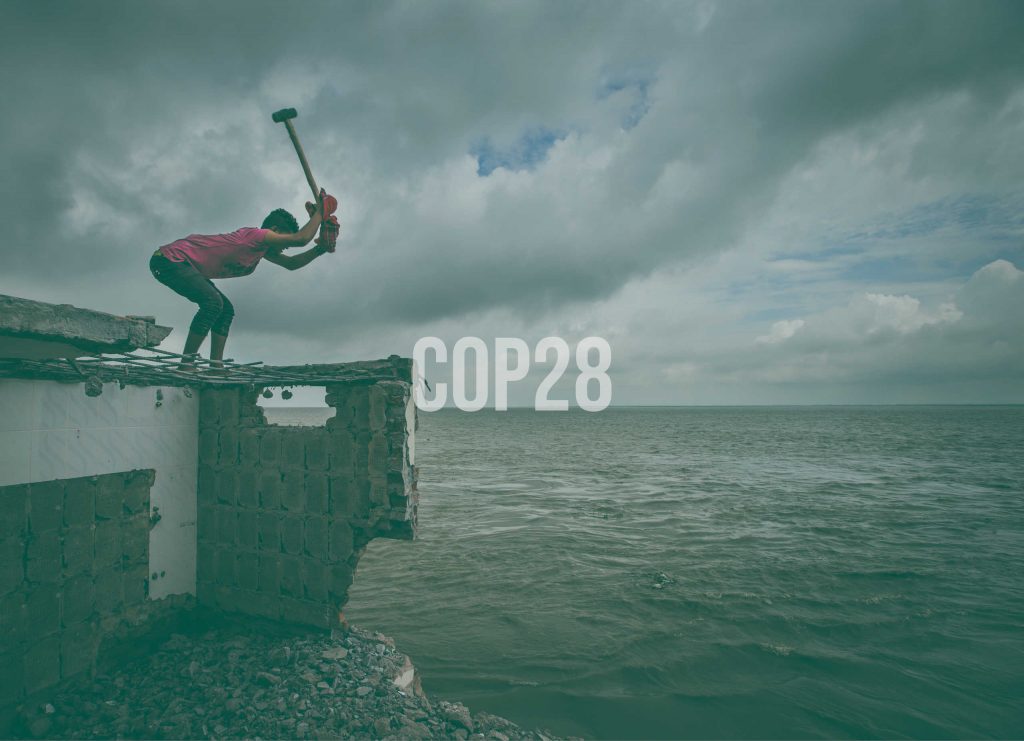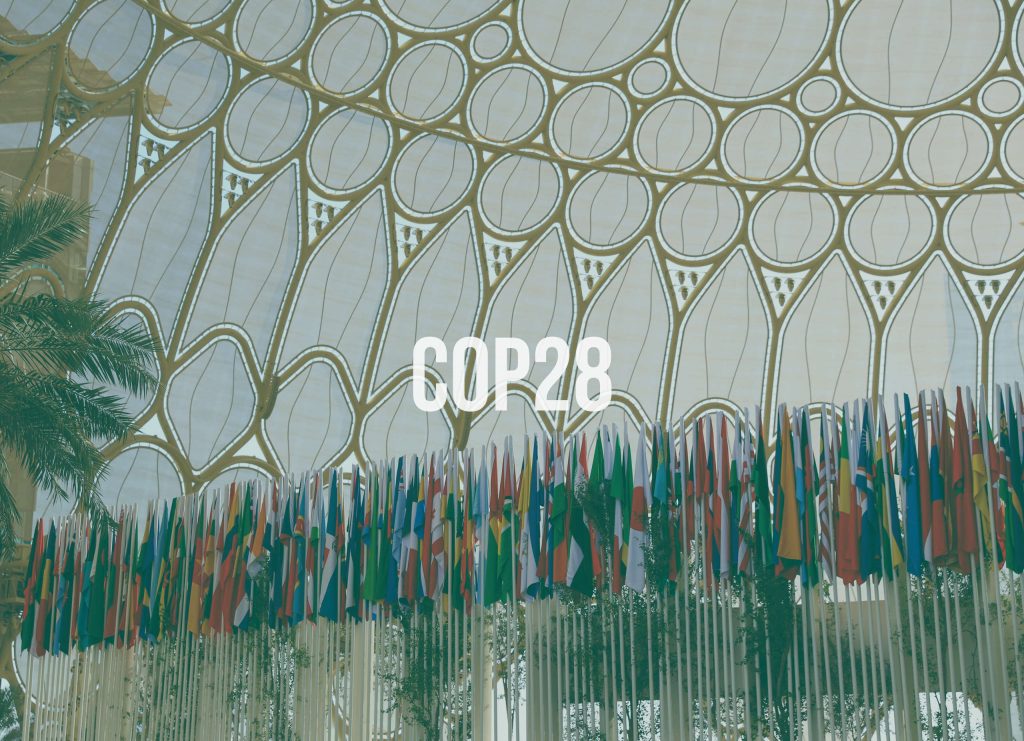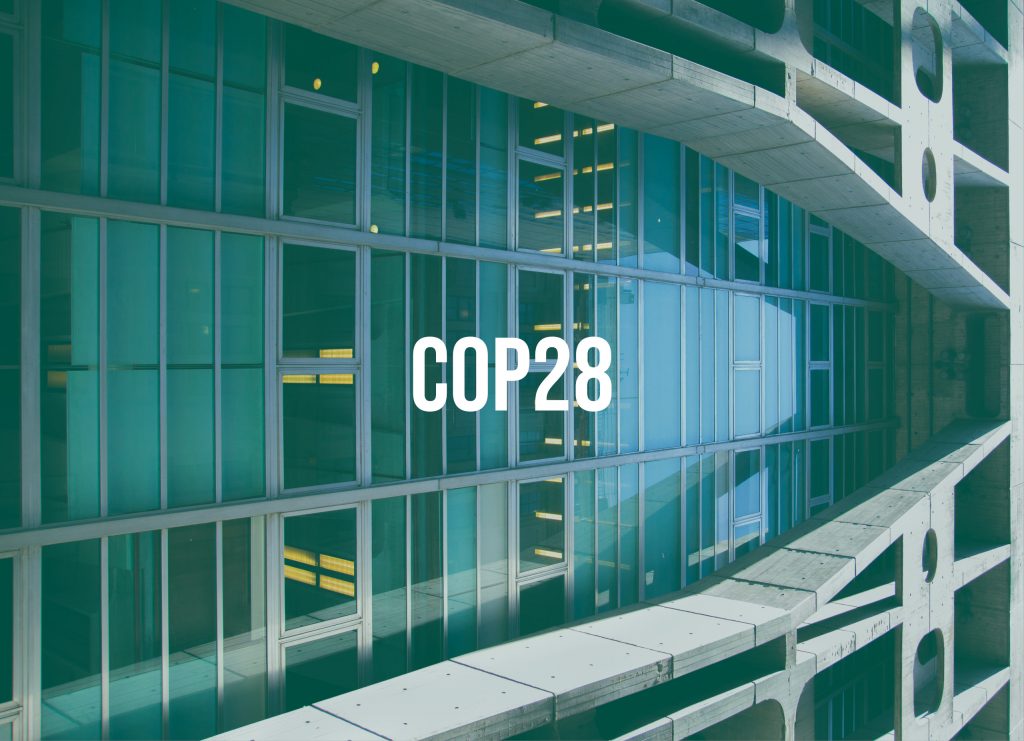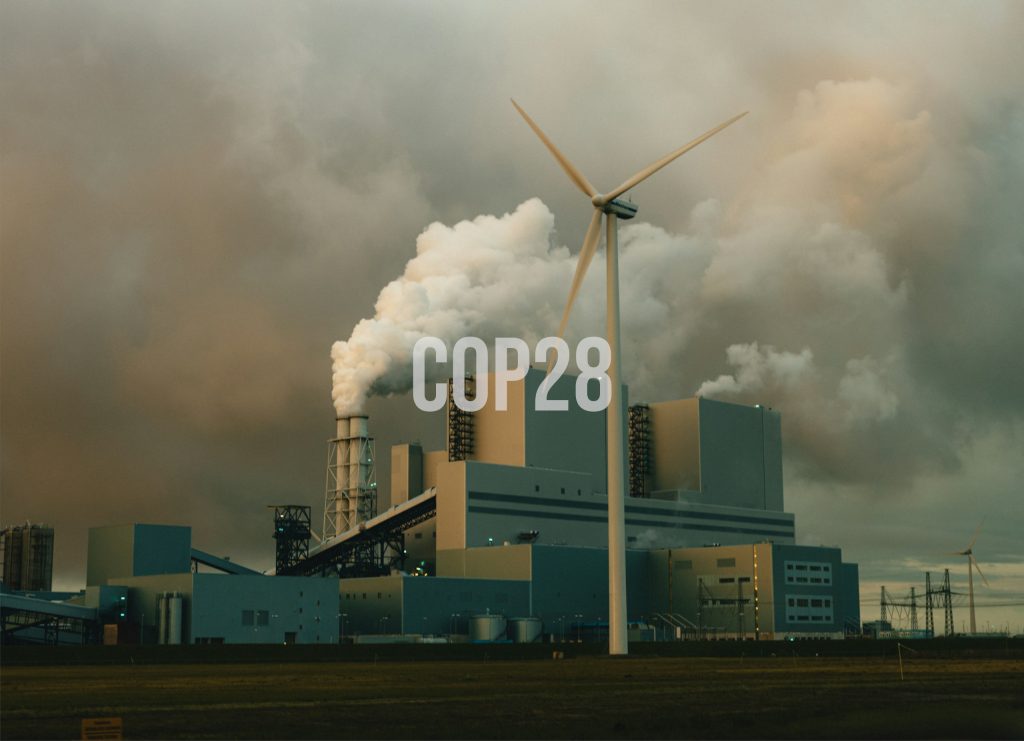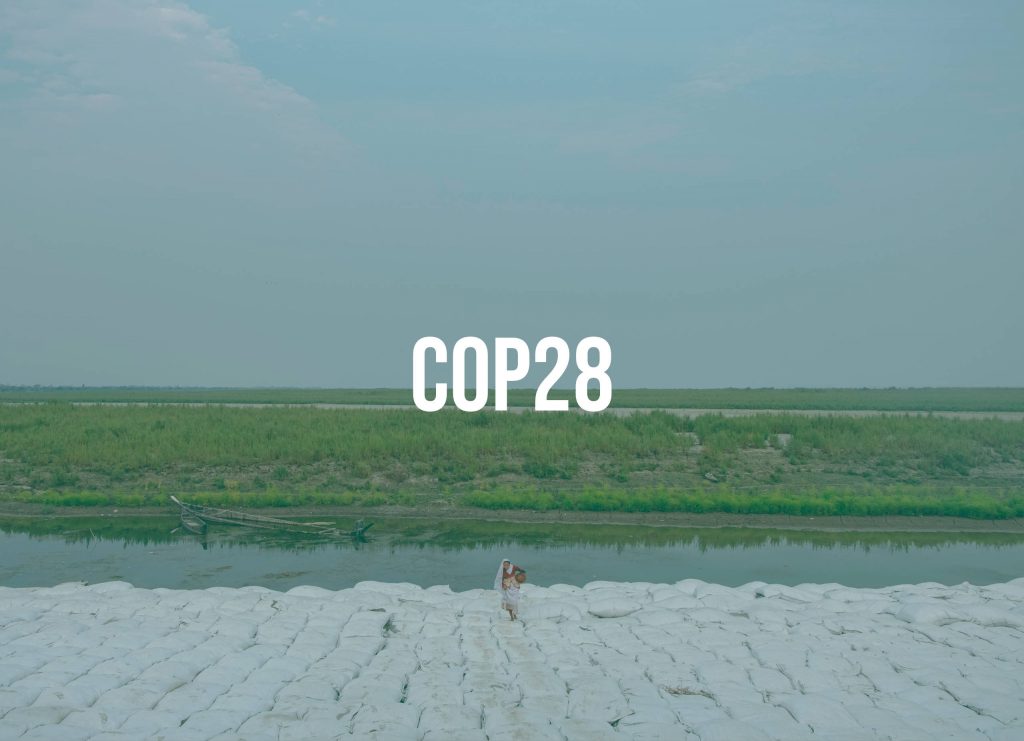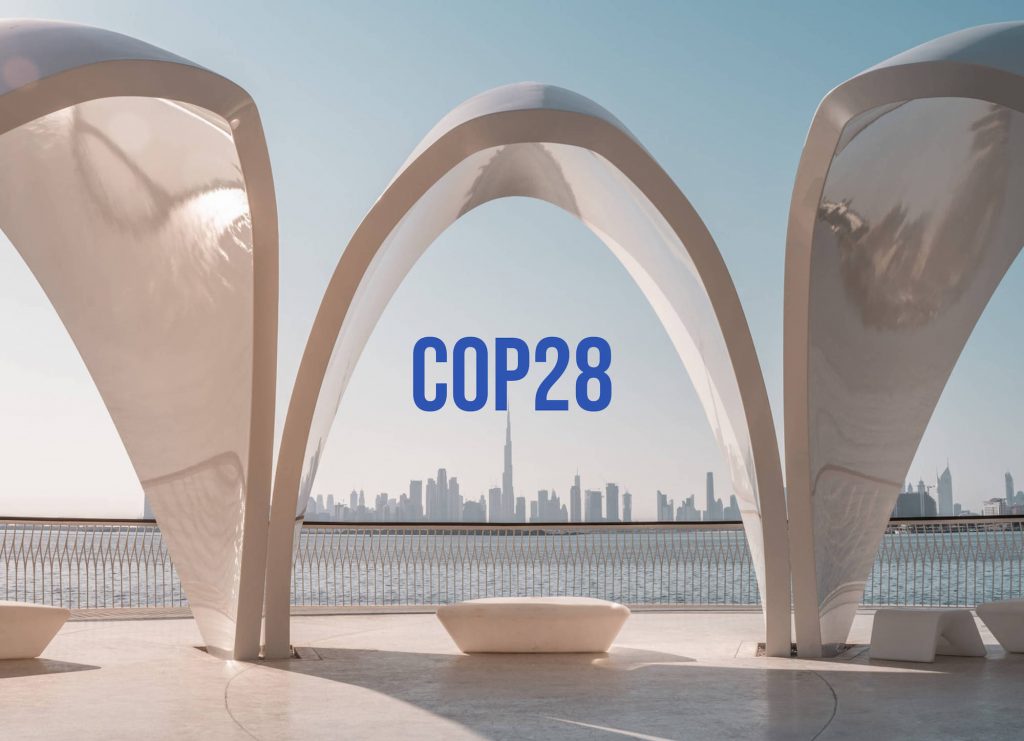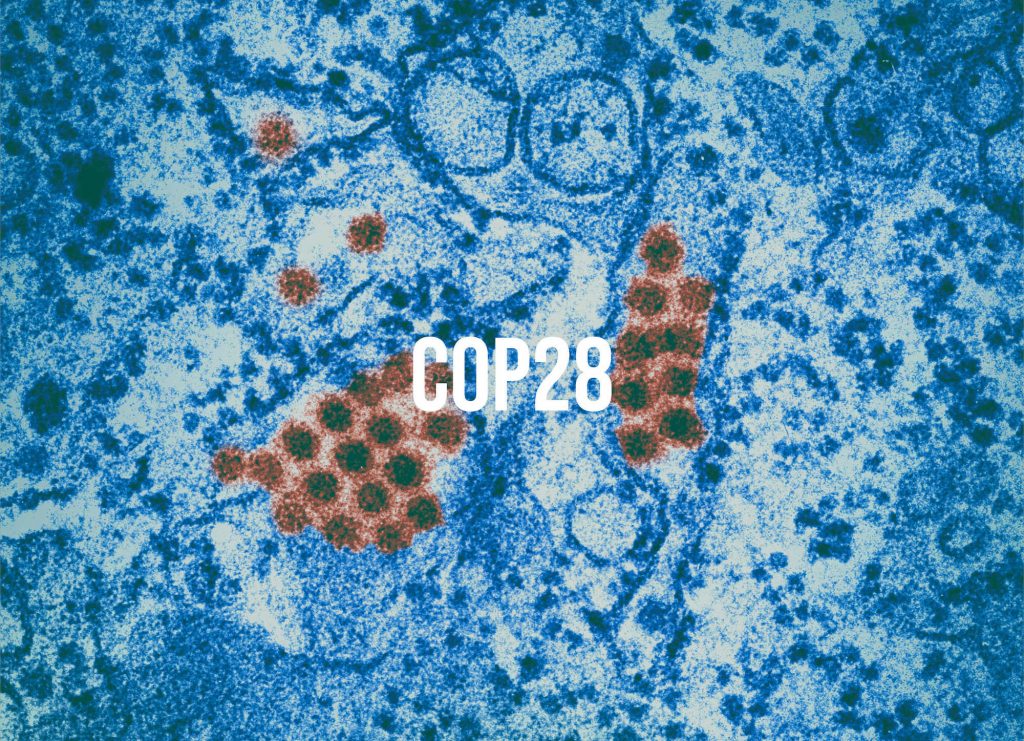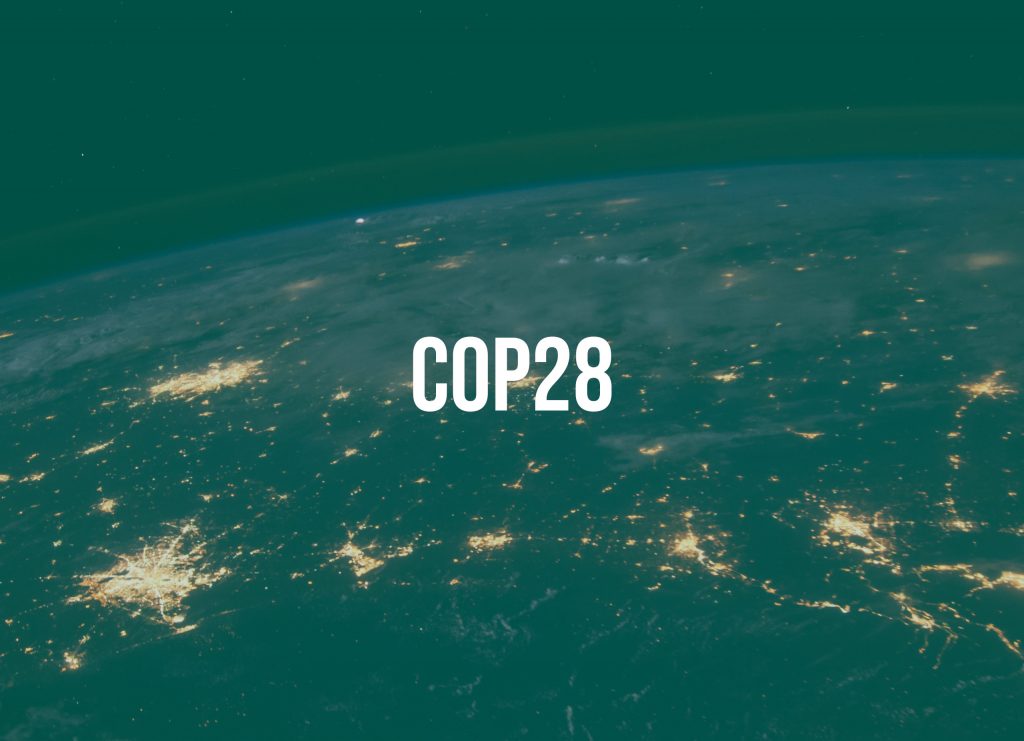
“We will not go silently to our watery graves”: How to save a nation from drowning
The Marshall Islands, a nation of low-lying atolls threatened by rising sea levels, is facing an existential crisis. Yet, amidst this adversity, the Marshallese people are not only adapting to climate change but also charting a path for survival. Drawing inspiration from their rich maritime heritage, the Marshall Islands have developed a groundbreaking National Adaptation Plan for Survival (NAP). This plan, unveiled at COP28, outlines a comprehensive strategy for addressing the climate crisis over the next century.

